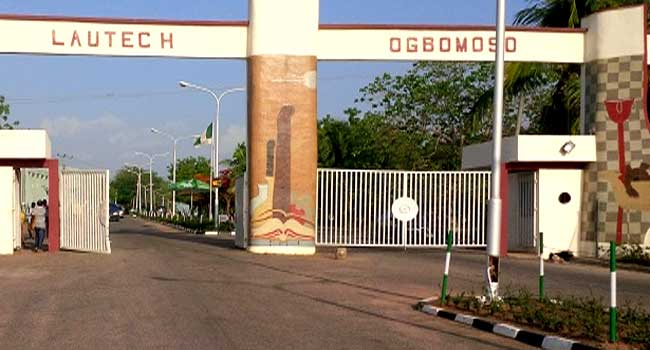Nigeria News
Nigeria Police To Consider Solar Energy As Lightning Option For Police Station, Barracks Others

The Nigeria Police Force has revealed its intention to adopt solar and other renewable energy sources as lightening option for police stations, police barracks and police colleges as it looks to reduce emissions.
Making this disclosure in a statement made available on its official X handle, the spokesperson of the Nigeria Police Force, Olumuyiwa Adejobi, detailed that the decision was taken after the force signed a Memorandum of Understanding for a Green Initiative known as the Nigeria Police Green Initiative.
“A key aspect of the Initiative is “Nigeria Police Emission Reduction Programme” which is aligned to the national and global direction in addressing climate change issues through emission reduction projects and lifestyle to be adopted by all Police Officers so as to create awareness for responsible production and consumption across sectors including renewable energy source for lighting applications such as solar lighting across the Police Stations, Police Colleges, Police Barracks, Police Outpost and Communities in alignment with the transition to low-carbon climate-resilient development,” the statement partly read.
“Additionally, the initiative aims at promoting eco-friendly transportation methods within the Police Force. This includes transitioning to electric vehicles and gas conversion vehicles thus reducing premium motor spirits (PMS) consumption and air pollution while increasing efficiency and promoting a healthier lifestyle among police personnel and the community. The Initiative will also leverage environmentally sustainable waste and water management include solar boreholes, waste-to-energy programmes, thereby reducing operational cost, create jobs and a cleaner environment,” it added.
The Police further revealed that it will “also going beyond our immediate environment by lighting up Communities with Solar Power to reduce security vulnerability and herder-farmer crisis, conducting outreach programs to educate citizens on the importance of preserving natural resources, reducing pollution, and engaging in sustainable practices, thereby effectively managing natural resource-induced conflicts such as the herder-famer conflicts.”











